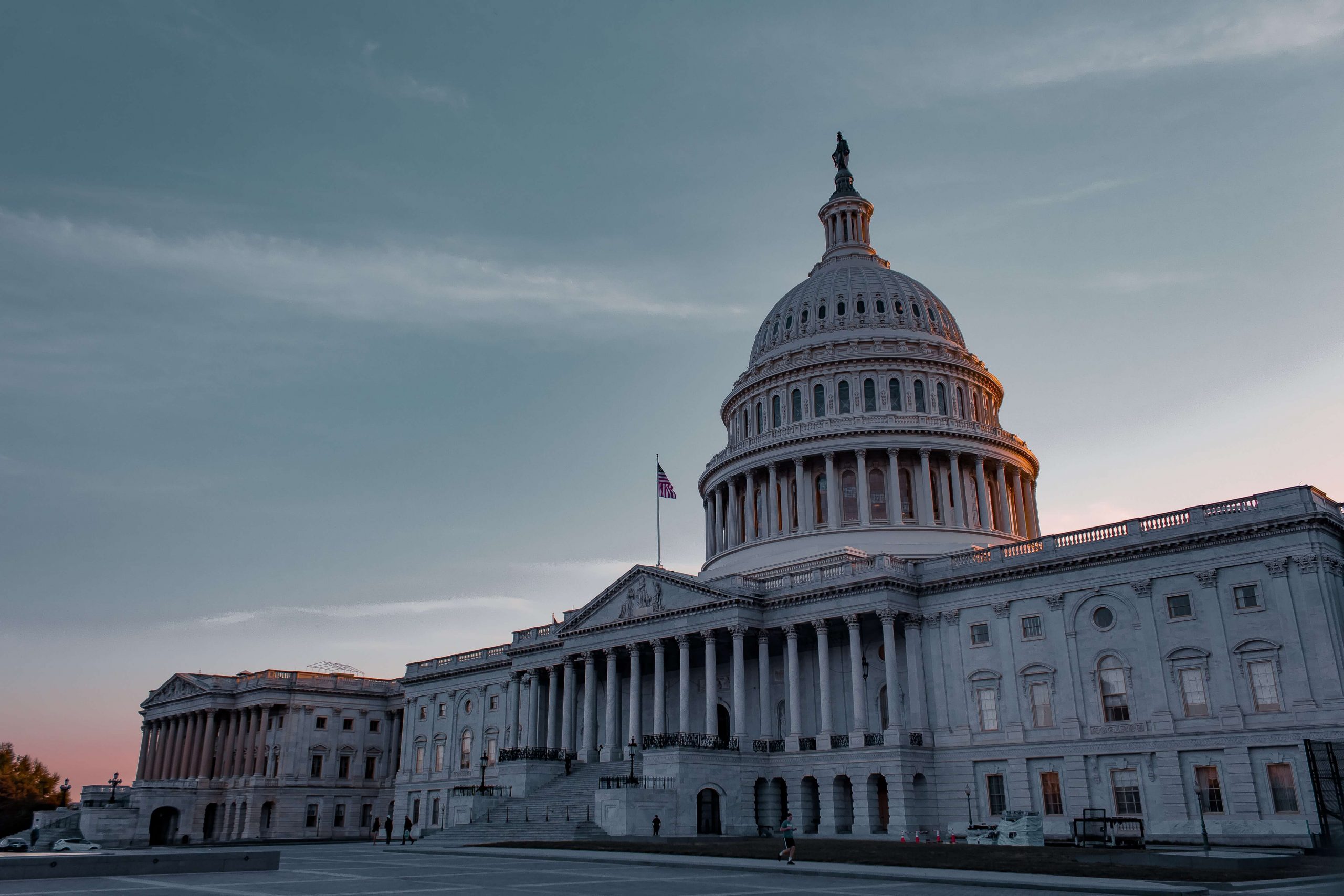American Bar Association President Mary L. Smith announced the creation of the ABA Task Force on Law and Artificial Intelligence (AI) to examine the impact of AI on law practice and the ethical implications for lawyers.
The AI Task Force will explore:
- Risks (bias, cybersecurity, privacy, and uses of AI such as spreading disinformation and undermining intellectual property protections) and how to mitigate them
- Emergent issues with generative AI
- Utilization of AI to increase access to justice
- AI governance (the role of laws and regulations, industry standards, and best practices)
- AI in legal education
“The American Bar Association and the legal profession have always lifted their voices to lead and chart the future,” Smith said. “At a time when both private and public sector organizations are moving rapidly to develop and use artificial intelligence, we are called again to lead to address both the promise and the peril of emerging technologies.”
The AI Task Force is chaired by Lucy L. Thomson, an attorney and cybersecurity engineer in Washington, D.C. Thomson is a past chair of the ABA Science & Technology Law Section (SciTech) and a founding member of the ABA Cybersecurity Legal Task Force. The Vice Chairs of the AI Task Force are Cynthia Cwik, Laura Possessky, and James Sandman.
“Lucy’s knowledge of the legal and technical issues in complex emerging technologies, her law enforcement, private sector, and government experience addressing challenging cybersecurity and privacy issues, and her record as a proven ABA leader all make her an outstanding choice to lead this critical work,” Smith said.
The AI Task Force includes Task Force members, an Advisory Council, and Special Advisors. It consists of lawyers and experts with deep technology and AI expertise.
The Special Advisors are thought leaders in law and technology and include:
- Michael Chertoff, former Secretary of the U.S. Department of Homeland Security and Co-Founder and Executive Chairman, The Chertoff Group
- Ivan Fong, former General Counsel of the U.S. Department of Homeland Security and Executive Vice President, General Counsel and Secretary at Medtronic
- Daniel Ho, member of the National AI Advisory Committee and William Benjamin Scott and Luna M. Scott Professor of Law at Stanford Law School and Associate Director of the Stanford Institute for Human-Centered Artificial Intelligence
- Michelle Lee, former undersecretary of commerce for intellectual property and director, U.S. Patent and Trademark Office, and CEO and founder of Obsidian Strategies
- Trooper Sanders, member of the National AI Advisory Committee and CEO of Benefits Data Trust
- Miriam Vogel, chair of the National AI Advisory Committee and President and CEO of EqualAI
- Seth Waxman, former U.S. solicitor general and partner, WilmerHale
“The AI Task Force will focus on current and emerging issues in AI and provide practical information that lawyers need to stay abreast of and navigate this complex technology. This multidisciplinary and diverse group will provide insights for developing and using AI in a trustworthy and responsible manner,” Thomson said.
AI and ML systems and capabilities will transform virtually every industry sector, including legal practice, and reallocate the tasks performed by humans and machines. These changes raise complex and challenging legal and ethical questions for the legal profession. News coverage of the recent introduction and widespread use of ChatGPT-4 and other generative AI systems has already highlighted a broad range of issues that lawyers must address.
“The work of the ABA AI Task Force is critical to identifying solutions to AI risks – from countering the creation and spread of disinformation, to protecting privacy in AI development, to guarding against security threats from use of AI in informational warfare,” said Chertoff.
The AI Task Force will build upon the significant work on AI accomplished during the past several years by the ABA. The ABA’s House of Delegates unanimously adopted Resolution 604 at its 2023 Midyear Meeting in February urging human oversight, accountability, and transparency in AI.
The AI Task Force will identify important work and reports by government agencies, universities, think-tanks, and industry leaders and inform lawyers about how AI can affect a lawyer’s ethical responsibilities, pose threats to confidential client data, and risk inadvertent waiver of attorney-client and attorney work product privileges. It also will look at how AI can increase access to justice and develop resources to make this technology understandable to lawyers and judges.
“The ABA offers an important voice in the critical discussion of ways to help promote responsible AI governance and legal frameworks to ensure more inclusive, less discriminatory, and more effective AI systems,” said Vogel.
A full roster of the AI Task Force can be found at ambar.org/ailaw.




